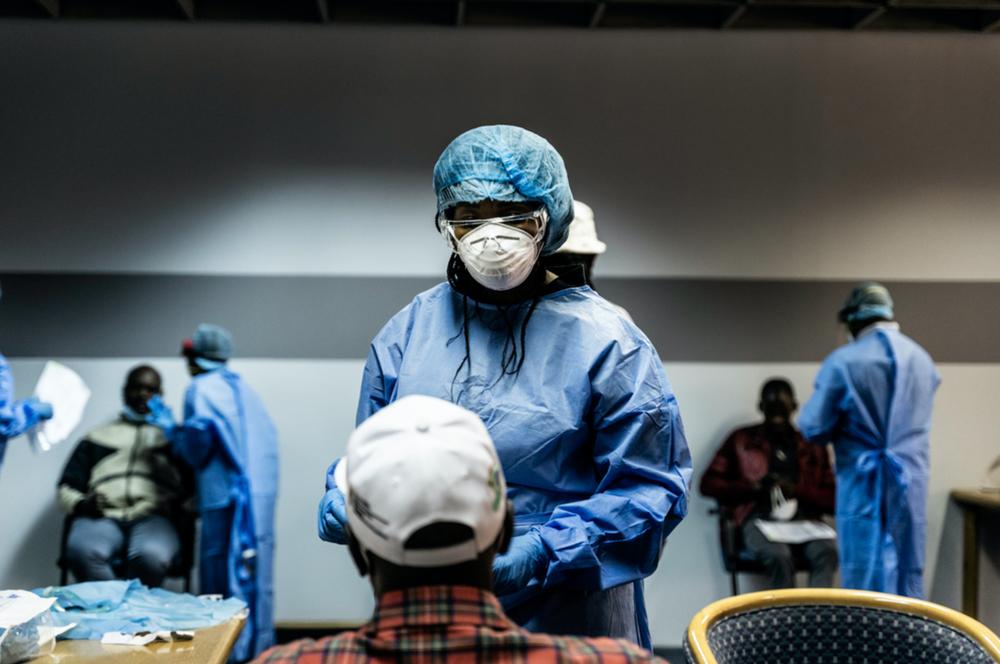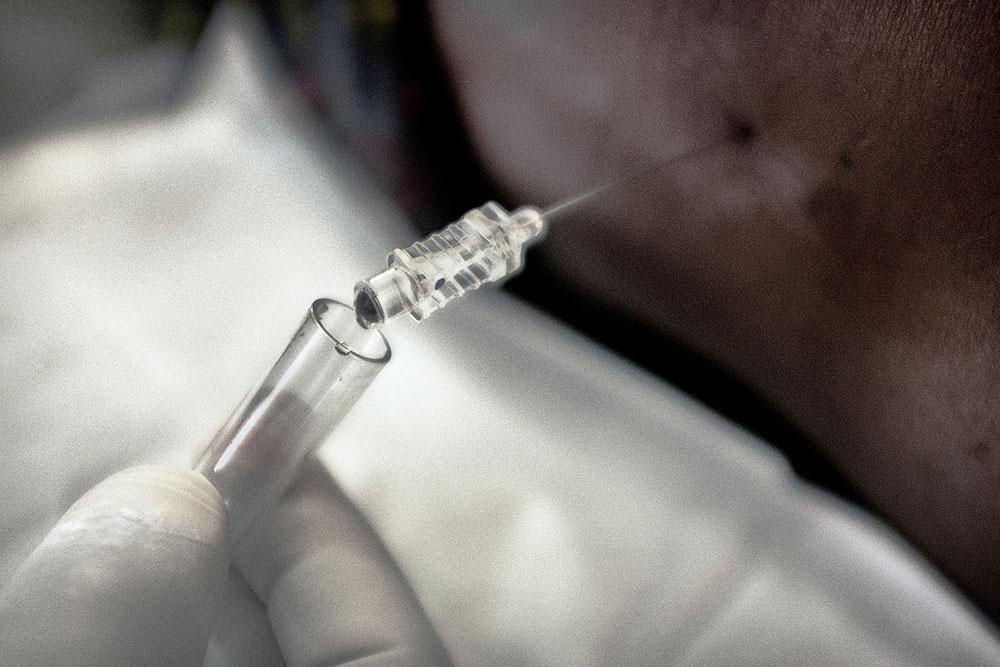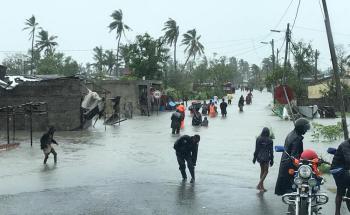Pharmaceutical corporation AstraZeneca and the University of Oxford announced yesterday that combined data from an interim analysis of a phase 2/3 trial in the United Kingdom (UK) and a phase 3 trial in Brazil suggested that their potential COVID-19 vaccine is 70% effective. Although Doctors Without Borders (MSF) is cautiously optimistic about this announcement, the organisation cautions that a press release is not sufficient to draw any conclusions
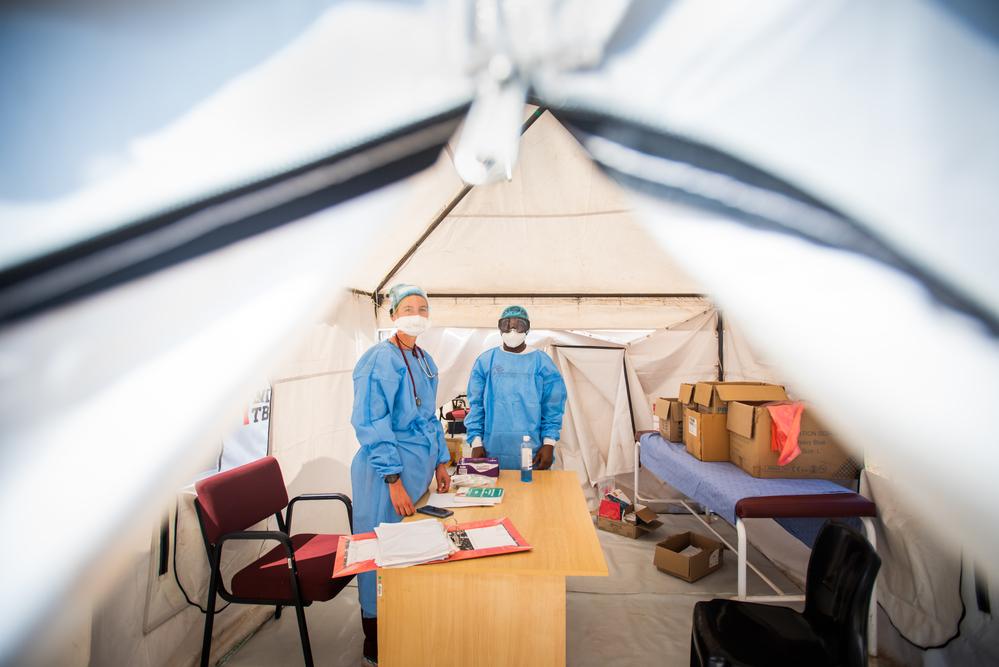
AstraZeneca has said it will not profit from the vaccine during the pandemic and has stated prices ranging from US$3 to $4 (R46.03 to R62) per dose – the lowest price announced for a potential COVID-19 vaccine so far. However, terms of a deal with AstraZeneca disclosed by the Financial Times show that there are limits to AstraZeneca’s public ‘no profit’ commitments and that the company has given itself the power to declare the pandemic over as soon as July 2021.
This means that, after July 2021, AstraZeneca could charge governments and other purchasers high prices for a vaccine that was entirely funded by the public. Further, it was revealed that AstraZeneca may charge as much as 20% more than the costs associated with producing the vaccine.
It’s high time that the public has in their hands all the information needed to hold them to account. We cannot rely on the good intentions of pharmaceutical corporations any longer during this pandemicRoz Scourse, Policy Advisor, MSF Access Campaign
Unlike most other leading COVID-19 vaccine candidates, manufacturing capacity for the AstraZeneca/Oxford vaccine is being scaled up by multiple independent vaccine manufacturing facilities globally, including by the Serum Institute of India, Fundação Oswaldo Cruz (Fiocruz) and mAbxience.
The vaccine has the highest projected production capacity worldwide. This is a welcome step during a global pandemic where supplies of any COVID-19 vaccine, once proven safe and effective, should be distributed equitably around the world.
The AstraZeneca/Oxford University vaccine candidate requires cold chain management at standard 2-8°C refrigerator temperatures. This is positive news, particularly for its potential distribution in low-resource settings where MSF works and where the existing cold-chain equipment for storage of vaccines used in routine programmes covers this temperature range.
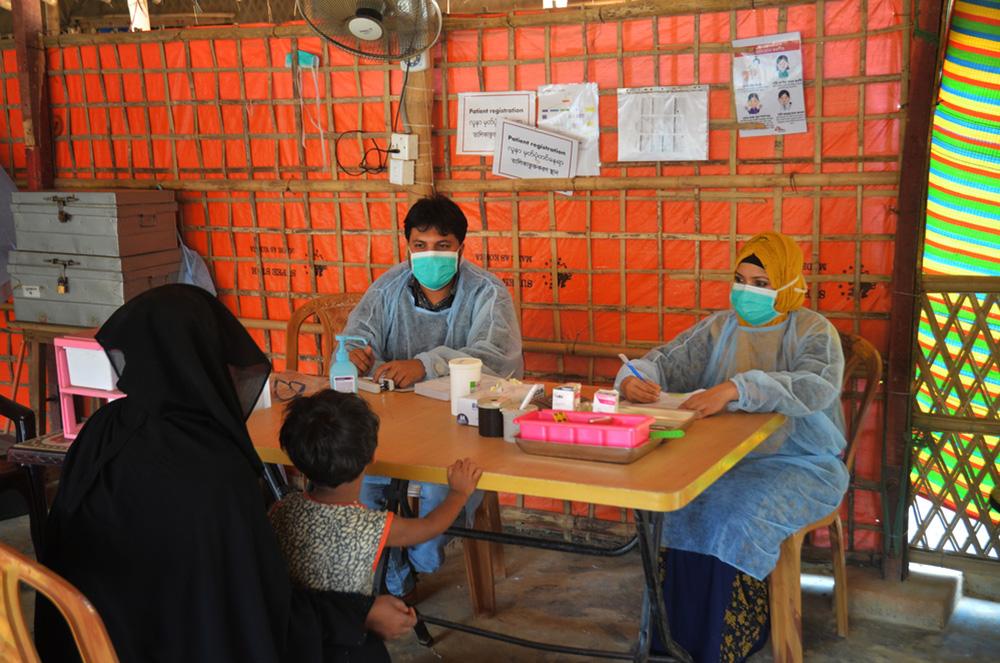
The vaccine is also one of few candidates that has been made available for the COVAX Facility. To date, 500 million doses have been pledged for the Facility, including 200 million doses from the Serum Institute of India for the COVAX Advanced Market Commitment (AMC) for 92 developing countries.
“MSF welcomes AstraZeneca’s commitment to sell the vaccine at a ‘no-profit’ price during the pandemic, but the reality is that it's an empty promise unless we’re able to substantiate these important claims with data.
The pledge to sell the vaccine at cost also falls flat since it was revealed that AstraZeneca could actually charge 20% profits, and has given itself the right to declare that the pandemic is over as soon as July 2021, meaning that they could charge whatever price they like after this date. These details matter, and we don’t know what else is hiding in these agreements.
Oxford University and AstraZeneca have received over one billion dollars of public money to research, develop and manufacture this vaccine. It’s high time that the public has in their hands all the information needed to hold them to account.
We cannot rely on the good intentions of pharmaceutical corporations any longer during this pandemic. If AstraZeneca is truly committed to non-profit pricing and equitable access, they must open up their books now and share all R&D, clinical trial, and manufacturing costs and product price breakdowns transparently, as well as make public all licenses and agreements.”
Roz Scourse, Policy Advisor, MSF Access Campaign
